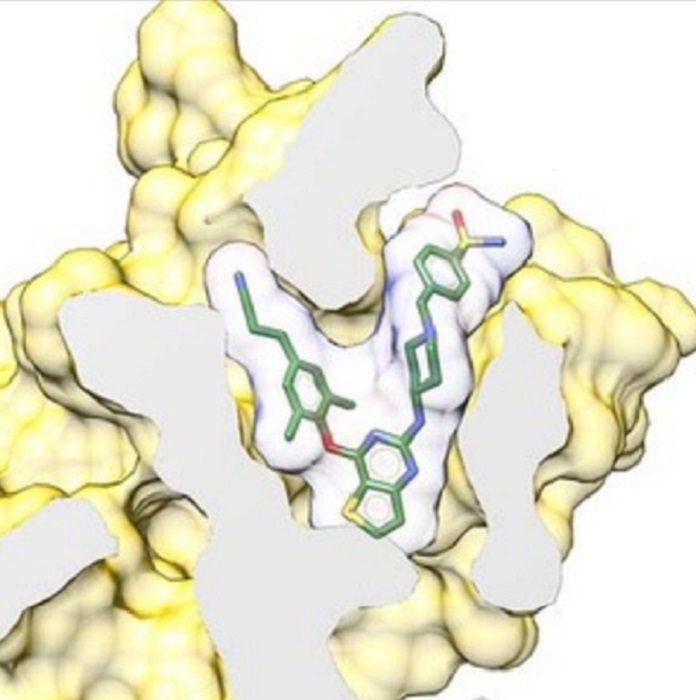Antiretroviral treatments have been extremely successful in halting the spread of HIV and AIDS, but their efficacy is declining as a result of the virus’s ongoing development of drug resistance. One of the main obstacles to effective anti-HIV treatment is the rapid accumulation of drug-resistant mutations in HIV-1 reverse transcriptase (RT), a prominent target for anti-HIV therapy.
Previously, scientists created two brand-new non-nucleoside reverse transcriptase inhibitors (NNRTIs). These drugs exhibit stronger anti-HIV-1 effects and better resistance profiles when compared to rilpivirine and etravirine, respectively.
Scientists at Yale University have developed compounds that maintain the anti-HIV movement against drug-resistant mutants superior to anything FDA-endorsed medications. The compounds restrain the capacity of a viral enzyme called reverse transcriptase, which is basic for HIV replication.
This newly developed inhibitor, also called compound 25a, also sticks to both the “wild-type” and the mutant forms of the reverse transcriptase.
Studying it in detail, scientists found that the new reverse transcriptase inhibitors were better able to adapt their shapes’ to bind to mutant HIV reverse transcriptase than existing agents.
The researchers report their study in the online journal eLife.
